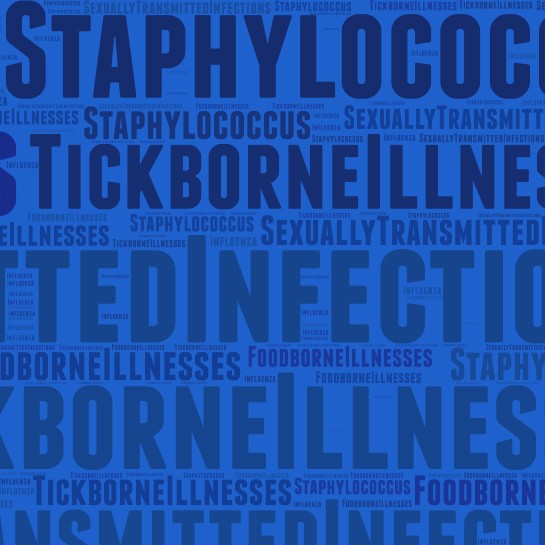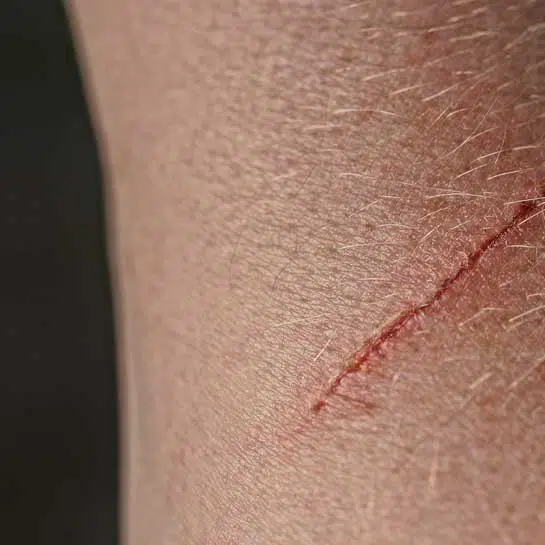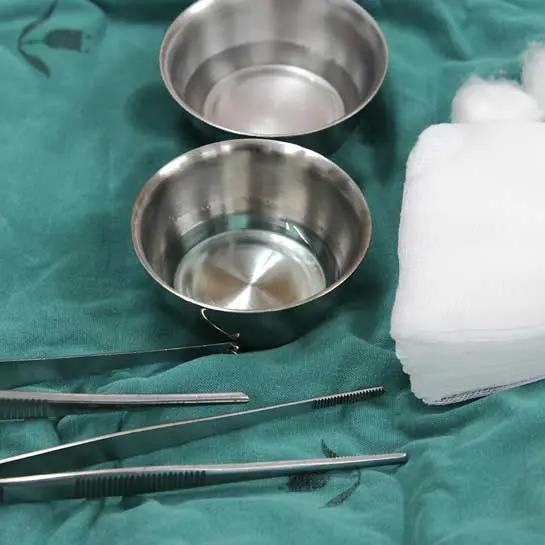Boils Treatment
What are boils?
As one of the most common skin infections, boils affect hair follicles and nearby skin tissue almost anywhere on the body. These pus-filled bumps form underneath the skin, and the bacteria infects and inflames one or more of your hair follicles. Most often found on the face, neck, armpits, buttocks, and thighs, boils are usually the size of a pea, but can get as large as a golf ball. You may develop one boil or many, but most boils develop white or yellow centers (known as pustules), multiply, weep, ooze, or crust, and sometimes join with another boil or spread to other areas of the skin. Anyone, including healthy people, can develop boils. However, if you’re in close contact with someone who has a staph infection, or if you have diabetes, another skin condition such as acne or eczema, or have a weakened immune system, you may be more susceptible to boils.
What are the symptoms of boils?
Boils sometimes develop when the skin is broken by a small injury or an insect bite. It may begin as a tender or painful, pinkish-red, swollen, firm area in the skin. Over time, the boil can start to feel like a water-filled balloon or a cyst. Pain may worsen as the boil fills with pus and dead tissue, but as it grows larger and eventually ruptures and drains, pain may diminish.
How does ID Care diagnose boils?
With years of experience diagnosing and identifying a variety of skin conditions, our experts will be able to diagnose your boil just by looking at it. If you have recurring infections or an infection that hasn’t responded to other treatments, our team may suggest taking a sample of the pus in your boil to test in the lab — doing so will help us identify the specific bacteria that has caused your infection, and determine the best way to treat it.
How does ID Care treat boils?
Most of the time boils drain on their own — usually in less than two weeks after their onset. Boils typically heal on their own after a period of itching and mild pain, but they must be opened and drained entirely before they improve. ID Care doesn’t recommend squeezing, pinching, or pricking boils as this could lead to other, more severe infections. If your boil is large or deep, our team will surgically drain your boil through a small incision at the tip. Depending on the severity of your boil and current health standing, our team may also prescribe antibiotic remedies to help heal severe or recurrent infections.




